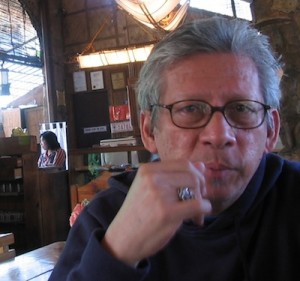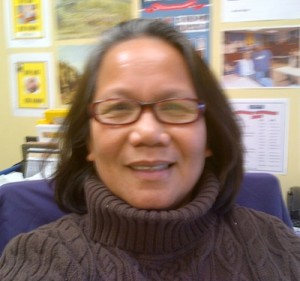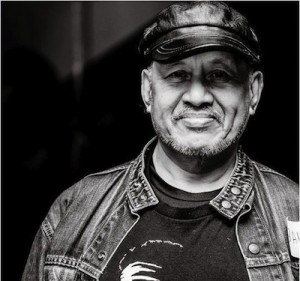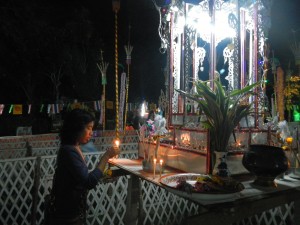The worst of flu season may soon be over, but it’s always good to keep some natural remedies in mind year round. When western medicine will only do so much, I like like to think of the albularyo remedies I've been taught through the years. The Tagalog word “albularyo” is used to describe pre-colonial medicine men and women of the Philippines. The word may be derived from the Spanish word for herbalist. The Albularyo would combine spiritual practices with natural concoctions to heal people in need. When it comes to keeping my health in check, I like to think like an Albularyo and return to the fruits of the earth for medicine. One potent wellness ingredient that is found in a lot of Filipino dishes is fresh ginger. This warming root can be boiled raw, and the resulting "tea" can be consumed for a natural digestive aid that also acts as an anti-inflammatory medicine. It actually helps to ease muscle aches from the flu and even arthritis. It is also a great natural immune-system booster. One dish that is heavy on ginger is arrozcaldo - that can explain why this simple and yummy comfort food always seems to work miracles when you've got a bug!
Another common and powerful herb commonly used in Filipino dishes is garlic. It is a powerful anti-inflammatory and a natural antibiotic. One treatment of the common cold is to eat a clove of garlic raw. If that’s something you’d rather not endure, you can boil 2 cloves of chopped fresh garlic together with one lemon and a dash of cayenne pepper. Strain the water after boiling and add honey to taste. It’s a bit of an acquired flavor, but the garlic, together with the vitamin C from the lemon, the congestion-busting heat of the cayenne pepper and the natural antibiotic and throat-soothing properties of honey make this a formidable treatment against the common cold.
For daily wellness, I like to start my day with a green smoothie. There are many recipes out there - all you need is a powerful blender. A dose of fresh greens and sweet fruits a day blended in a tasty drink will provide you with tons of vitamins, minerals and antioxidants to keep you energized and well. For the cold days, I like to blend together spinach, fresh pear, a banana, a dash of cinnamon and vanilla soy milk. Heat it up in the microwave for a nice, warm, creamy drink. Don’t knock it ‘til you try it!




